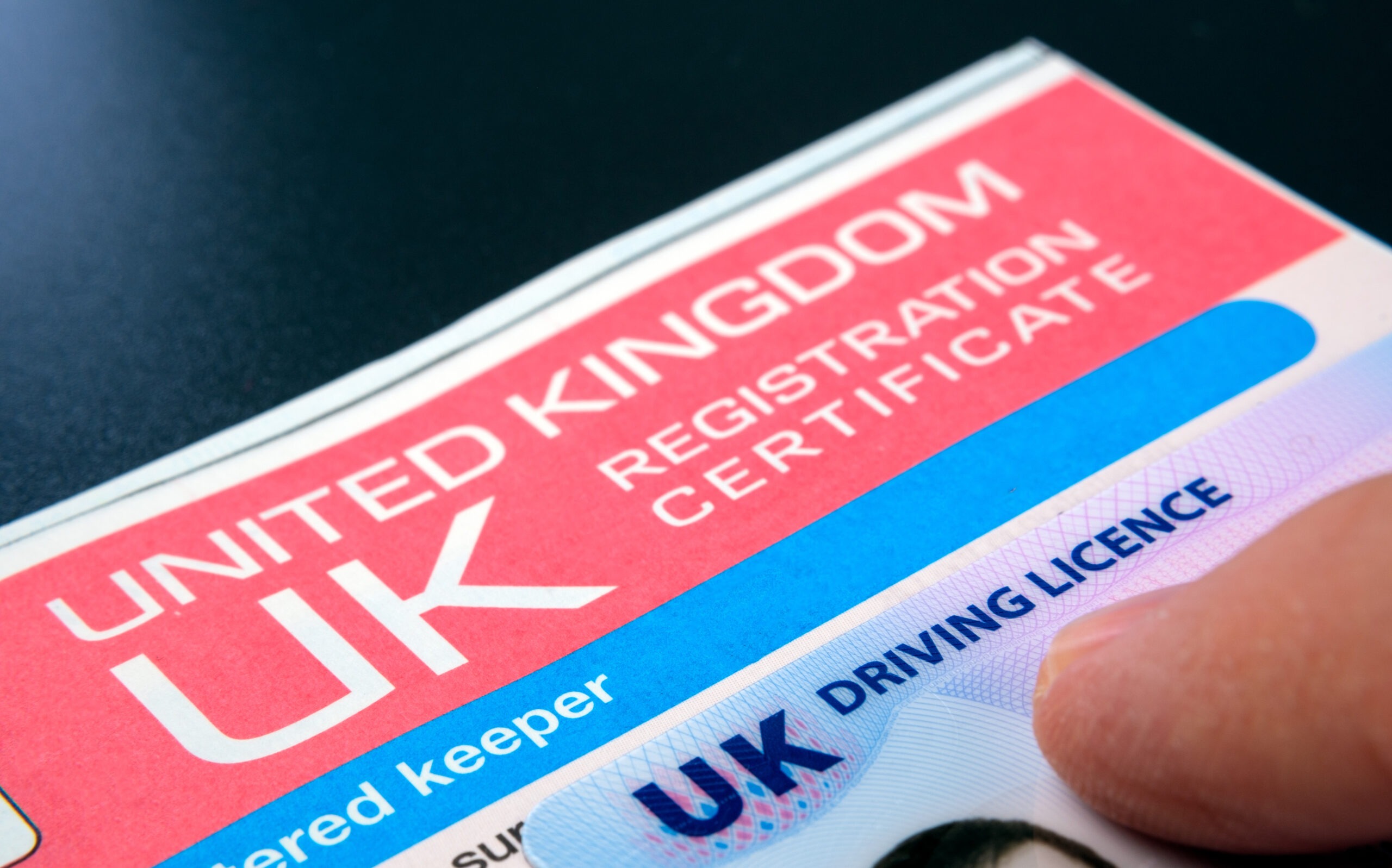
Car Leasing for Small Business Owners
Leasing a car can be a strategic move for small business owners, providing flexibility, cost savings, and a range of benefits that can enhance business operations. If you’re a small business owner considering leasing vehicles, understanding the advantages and options available can help you make the best choice for your business needs. This guide explores the key benefits of car leasing for small businesses and offers insights into selecting the right lease options.
Benefits of Car Leasing for Small Business Owners
- Cost Efficiency
Leasing often presents a more cost-effective alternative to purchasing vehicles outright. Here’s why:
– Lower Monthly Payments: Lease payments are generally lower than loan payments for buying a car. This helps preserve cash flow and allows for more flexible budgeting.
– Reduced Upfront Costs: Leasing usually requires a smaller down payment compared to purchasing. This can be advantageous for small businesses with limited capital.
- Access to New Vehicles
Leasing enables small businesses to drive newer models more frequently, which can be beneficial for several reasons:
– Latest Technology: Newer vehicles come equipped with the latest technology and safety features, enhancing operational efficiency and safety.
– Reduced Maintenance Costs: New cars typically require less maintenance and are often covered by manufacturer warranties, reducing repair expenses.
- Flexibility
Leasing provides flexibility that can be particularly valuable for small businesses:
– Short-Term Commitments: Lease agreements can be tailored to shorter terms, allowing businesses to adapt quickly to changing needs or economic conditions.
– Easy Upgrades: At the end of the lease term, you can easily upgrade to a newer model, keeping your fleet modern and efficient.
- Tax Benefits
Leasing offers potential tax advantages for small business owners:
– Deductible Lease Payments: In many cases, lease payments can be fully deductible as a business expense on your taxes. This can reduce your taxable income and improve cash flow.
– Section 179 Deduction: Depending on the vehicle’s usage, you may be eligible for additional deductions under Section 179, allowing you to deduct the cost of the lease or a portion of it.
- Improved Cash Flow
Leasing can help maintain a healthy cash flow for your business:
– Preserve Capital: Leasing allows you to use your capital for other investments or operational needs rather than tying it up in a vehicle purchase.
– Budget Predictability: Fixed lease payments make budgeting easier, providing predictable costs that help manage your finances more effectively.
- No Resale Hassles
Leasing eliminates the need to manage the resale of your vehicles:
– End-of-Lease Return: At the end of the lease term, you simply return the vehicle to the leasing company. There’s no need to worry about selling or trading in the vehicle.
– Avoid Depreciation: Since you don’t own the vehicle, you don’t have to worry about depreciation and its impact on resale value.
- Fleet Management
For businesses that require multiple vehicles, leasing can simplify fleet management:
– Consistent Fleet: Leasing allows you to maintain a consistent fleet of modern vehicles, enhancing your business image and operational efficiency.
– Easier Maintenance: With newer vehicles under lease, maintenance and repair needs are generally lower, simplifying fleet management.
How to Choose the Right Car Lease for Your Small Business
Selecting the right car lease for your business involves several considerations to ensure that the lease aligns with your operational needs and financial goals:
- Assess Your Business Needs
Identify how the vehicle will be used and what specific requirements you have:
– Vehicle Type: Determine the type of vehicle that best suits your business needs, such as a sedan for client meetings or a van for delivery services.
– Mileage Requirements: Estimate your annual mileage to select a lease with an appropriate mileage limit, avoiding excess mileage charges.
- Understand Lease Terms
Carefully review the terms of the lease agreement to ensure they align with your business needs:
– Lease Duration: Choose a lease term that matches your expected vehicle usage and business plans. Shorter leases offer flexibility, while longer leases may offer lower payments.
– Mileage Limits: Ensure the mileage limit is sufficient for your business needs. If you anticipate exceeding the limit, negotiate for a higher allowance or pre-purchase additional miles.
- Evaluate Total Costs
Consider the total cost of the lease, including all potential fees and charges:
– Monthly Payments: Compare monthly payments across different lease offers to find the most cost-effective option.
– Upfront Costs: Review any initial payments or fees required at the start of the lease.
- Consider Maintenance and Repairs
Check if the lease includes maintenance and repair coverage:
– Maintenance Packages: Some leases offer maintenance packages that cover routine services, which can help manage maintenance costs.
– Warranty Coverage: Ensure the vehicle is covered by a manufacturer’s warranty to reduce repair expenses.
- Review End-of-Lease Options
Understand your options at the end of the lease:
– Return Process: Know the process for returning the vehicle, including any potential fees for excess wear and tear or mileage.
– Purchase Option: Some leases offer the option to purchase the vehicle at the end of the term. This can be useful if you decide you want to keep the vehicle.
- Work with a Reputable Leasing Company
Choose a leasing company known for its customer service and transparency:
– Customer Reviews: Look for reviews or testimonials from other business owners to gauge their experiences.
– Transparent Terms: Opt for a company that clearly outlines all terms and potential fees upfront.
Explore Our Business Leasing Offers
To find the best car leasing options for your small business, explore our range of business leasing offers. We provide flexible terms, competitive pricing, and a variety of vehicle options to meet your business needs. Visit our website to discover the perfect lease deal for your company.
Conclusion
Car leasing offers numerous benefits for small business owners, including cost savings, flexibility, and access to new vehicles. By understanding the advantages of leasing and carefully selecting the right lease terms, you can enhance your business operations and manage costs effectively. For more information on our business leasing offers, and to find the best deals, explore our website today.









